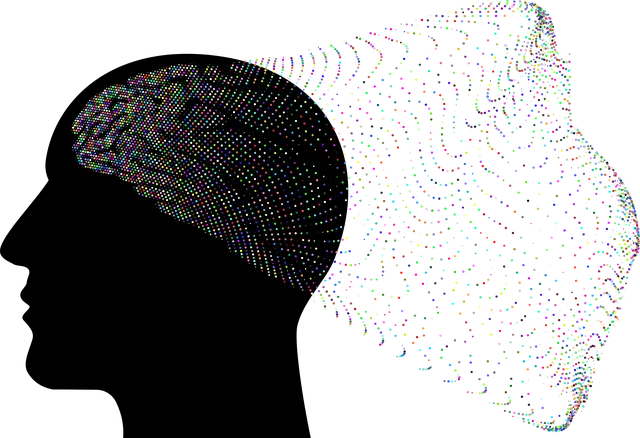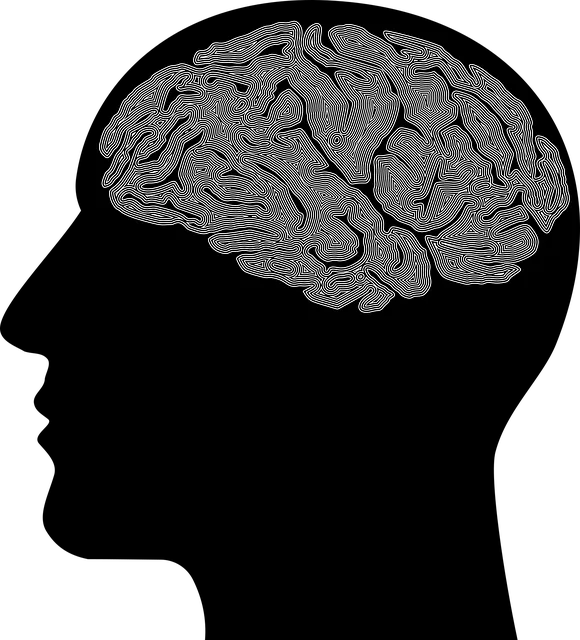The Boulder Kaiser Permanente Mental Health Center focuses on early intervention and proactive mental wellness management with innovative solutions like Emotional Intelligence training and Mental Health Education initiatives. They develop robust self-assessment tools for early detection of mental health issues, using evidence-based questions tailored to conditions such as anxiety, depression, and trauma. By integrating these assessments into routine visits, healthcare providers offer personalized recommendations and resources, empowering individuals to manage their mental well-being. The center's holistic approach, informed by patient feedback and community outreach, revolutionizes mental health care with innovative, patient-centric initiatives.
At the Boulder Kaiser Permanente Mental Health Center, recognizing the importance of proactive mental wellness management, we’ve focused on developing innovative self-assessment tools. This article explores our journey in creating effective resources for individuals to gauge and enhance their mental well-being. We delve into the design process, highlighting key considerations, and present implementation strategies followed at the center. By evaluating the impact, we aim to showcase how these tools empower individuals to take charge of their mental health, mirroring Boulder Kaiser Permanente’s commitment to comprehensive care.
- Understanding the Need for Self-Assessment Tools at Boulder Kaiser Permanente Mental Health Center
- Designing Effective Mental Wellness Self-Assessment Tools
- Implementing and Evaluating the Impact of Self-Assessment Tools at the Center
Understanding the Need for Self-Assessment Tools at Boulder Kaiser Permanente Mental Health Center

At Boulder Kaiser Permanente Mental Health Center, recognizing the importance of early intervention and proactive mental wellness management is paramount. In today’s fast-paced world, individuals often face numerous stressors and challenges that can negatively impact their emotional well-being. This has led to a growing need for accessible and user-friendly self-assessment tools that empower people to take charge of their mental health. The center aims to bridge this gap by developing innovative solutions, such as Emotional Intelligence training programs and Mental Health Education initiatives, which foster self-awareness and resilience.
By integrating these programs, the Boulder Kaiser Permanente Mental Health Center strives to create a holistic approach to mental wellness coaching. This involves equipping individuals with the skills to assess their emotional states, understand potential triggers, and develop healthy coping mechanisms. Through such initiatives, the center not only supports individuals in managing existing mental health concerns but also promotes overall well-being, ensuring that folks can navigate life’s challenges with greater ease and resilience.
Designing Effective Mental Wellness Self-Assessment Tools

Designing effective mental wellness self-assessment tools is a nuanced process that requires careful consideration from experts like those at the Boulder Kaiser Permanente mental health center. These tools play a pivotal role in early identification of mental health concerns, enabling timely intervention and support. The development process should focus on creating user-friendly interfaces that encourage honest responses without causing distress. Incorporating evidence-based questions tailored to various mental health conditions, such as anxiety, depression, and trauma (Trauma Support Services), ensures the tool’s efficacy.
Effective self-assessment tools should not only query symptoms but also assess coping mechanisms and support systems in place. This holistic approach, inspired by successful Communication Strategies employed at leading mental health centers, can provide a comprehensive view of an individual’s mental wellness status. Additionally, integrating multimedia elements or even a Mental Wellness Podcast Series Production can enhance engagement and accessibility, making the assessment experience more interactive and less intimidating for users.
Implementing and Evaluating the Impact of Self-Assessment Tools at the Center

At the Boulder Kaiser Permanente mental health center, implementing self-assessment tools has been a game-changer in promoting Mental Health Awareness and enhancing patient care. These tools, designed to encourage self-care practices, have significantly impacted the center’s ability to reach and support individuals within the community. By integrating user-friendly assessments into routine visits, healthcare providers can now offer personalized recommendations and resources tailored to each patient’s unique needs. This proactive approach not only improves patient outcomes but also fosters a sense of empowerment, enabling folks to take charge of their mental well-being.
The evaluation process involves gathering feedback from both patients and healthcare professionals to ensure the tools’ effectiveness and relevance. Through this ongoing assessment, the center has been able to refine its Self-Care Practices, making them more accessible and culturally sensitive. Additionally, the data collected has helped in tailoring Community Outreach Program Implementation strategies, ensuring that resources reach those who need them most. This continuous improvement cycle underscores the center’s commitment to revolutionizing mental health care through innovative and patient-centric initiatives.
The development of mental wellness self-assessment tools has been a game-changer for the Boulder Kaiser Permanente Mental Health Center. By implementing these tools, the center has successfully enhanced its ability to navigate and address individual mental health needs. The process, from designing effective assessments to evaluating their impact, has not only improved patient care but also revolutionized how the center fosters a holistic approach to mental wellness. This strategy ensures that folks at the center receive tailored support, ultimately fostering a vibrant and supportive environment.






